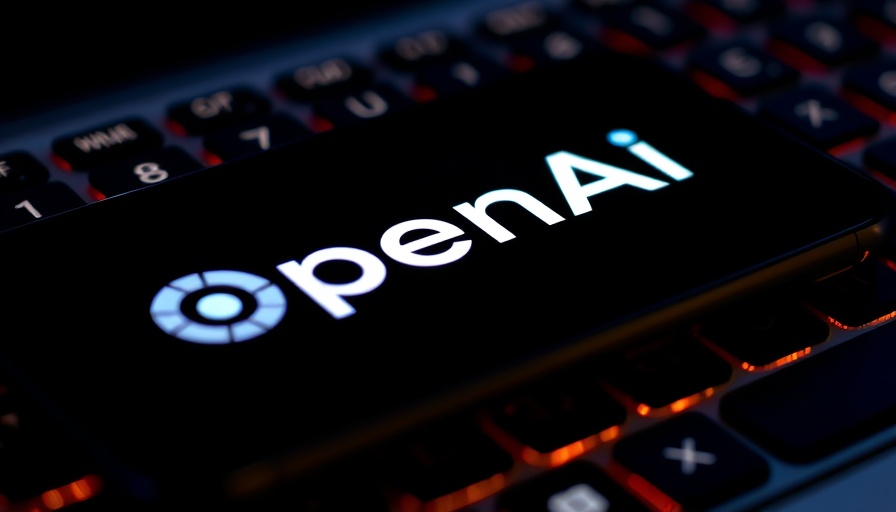
OpenAI’s New Approach: Embracing Mature Content
In a surprising shift set to take effect this December, OpenAI has announced that it will allow verified adult users of ChatGPT access to mature content, including erotica. CEO Sam Altman explained that this decision stems from a desire to treat adult users responsibly while also acknowledging the need for a more engaging and enjoyable user experience. Previously, OpenAI had placed strict limitations on ChatGPT’s capabilities, primarily to safeguard those potentially experiencing mental distress. However, these constraints resulted in a less versatile chatbot that didn’t meet the needs of the wider user base.
Understanding the Change: What Prompted OpenAI to Relax Guidelines?
Altman's comments underscore an effort to balance safety with service. OpenAI's decision to ease restrictions comes after realizing that earlier guardrails hindered usability for many users who did not suffer from mental health issues. By introducing measures to verify adult users' ages, OpenAI aims to create a more personalized experience in which users can control the tone and personality of their conversations with ChatGPT.
Mental Health Considerations: Navigating the Lines
In the wake of its more restrictive era, OpenAI has rolled out new tools designed to address mental health concerns directly. According to reports, the company felt that the difficulties in identifying signs of significant emotional distress warranted a cautious approach. However, with refined protocols in place and a clearer understanding of user needs, OpenAI believes it can now afford to relax certain limitations without compromising safety.
The Bigger Picture: Industry Trends and User Demand
This development at OpenAI mirrors broader industry trends as tech companies grapple with how to handle user content responsibly. For instance, platforms like Meta are also actively refining their content regulations, introducing ratings inspired by the PG-13 film standard to limit exposure for users under 18. Moreover, this push towards moderation is indicative of a growing consumer demand for nuanced, tailored interactions within AI platforms. Increasingly, users desire chatbots that can meet a wide range of conversational needs, from casual chats to electrifying narratives.
Future Implications: What This Means for AI Technology
The permission of mature content opens the door for various applications, especially within creative writing and adult relationship coaching sectors. Furthermore, this move could potentially pave the way for AI chat assistants to approach a more human-like conversational style, enabling them to exhibit empathy and personality. Altman's promise of enabling ChatGPT to use emojis or adopt a more relatable tone empowers users to engage with technology in a more meaningful way.
Key Takeaways for AI Enthusiasts
For AI enthusiasts and developers alike, this transition at OpenAI is monumental. It showcases the company's willingness to evolve based on user feedback and societal attitudes towards digital content. Embracing mature content could attract a more diverse user base, fostering a sense of community in experiences shared through AI. As advancements unfold in the coming weeks, stakeholders should consider the ethical implications and potential benefits accompanying this newfound freedom in content interaction.
Final Thoughts: The Future of Content in AI
As OpenAI moves towards this more liberated content structure, AI enthusiasts should stay tuned. The implications of these changes will reverberate throughout the tech landscape, with developers and users alike eager to engage with chatbot technology that resonates on personal levels. To stay updated on AI news and trends, keep an eye on OpenAI's announcements and explore the platforms likely to influence digital conversations moving forward.
 Add Row
Add Row  Add
Add 




Write A Comment